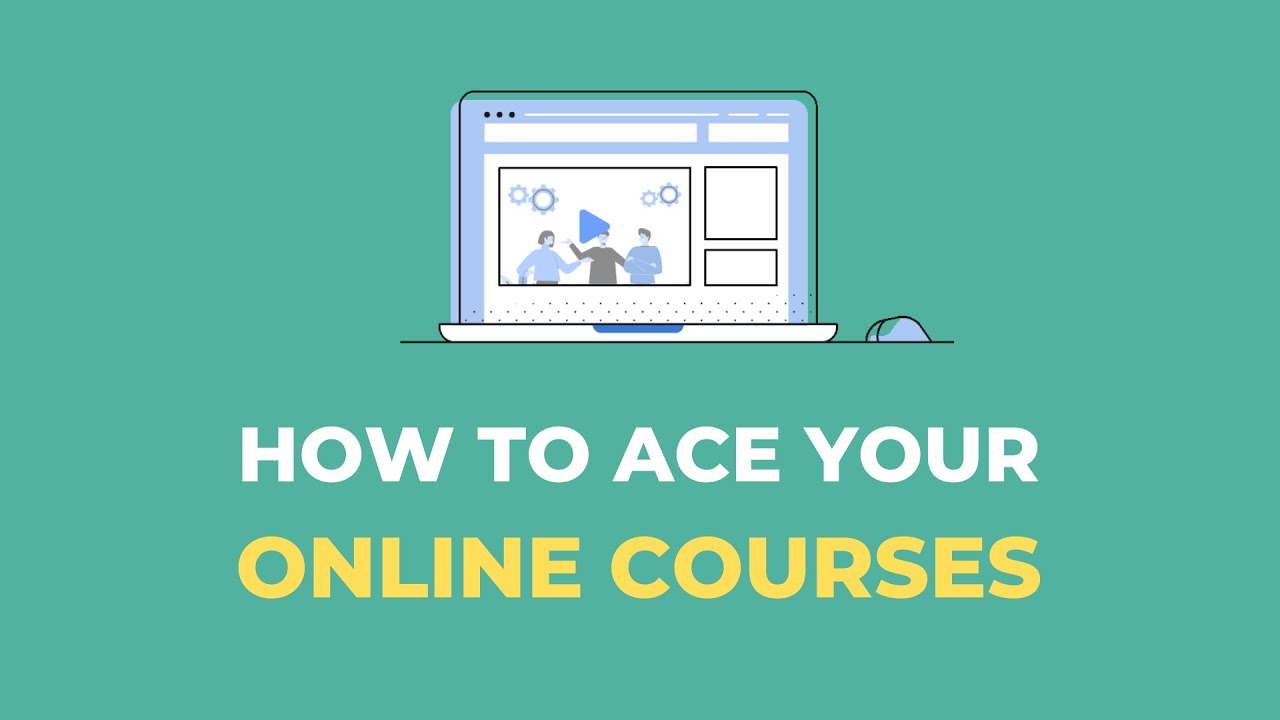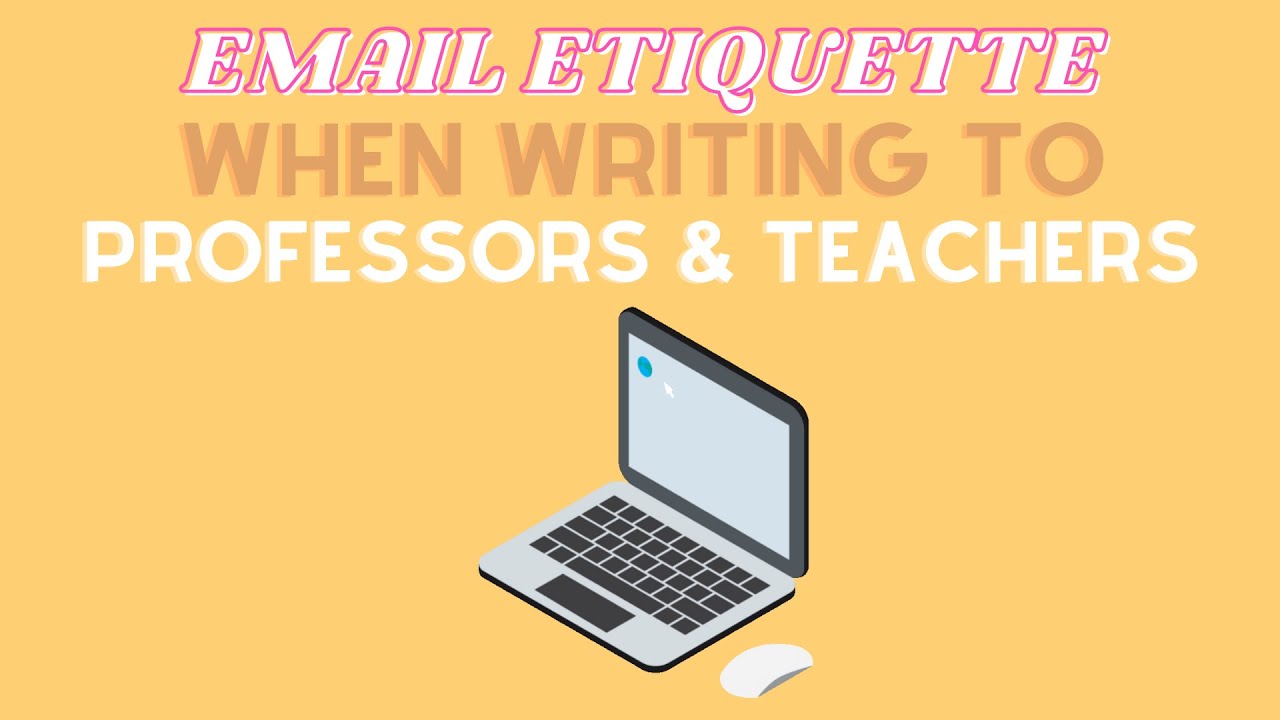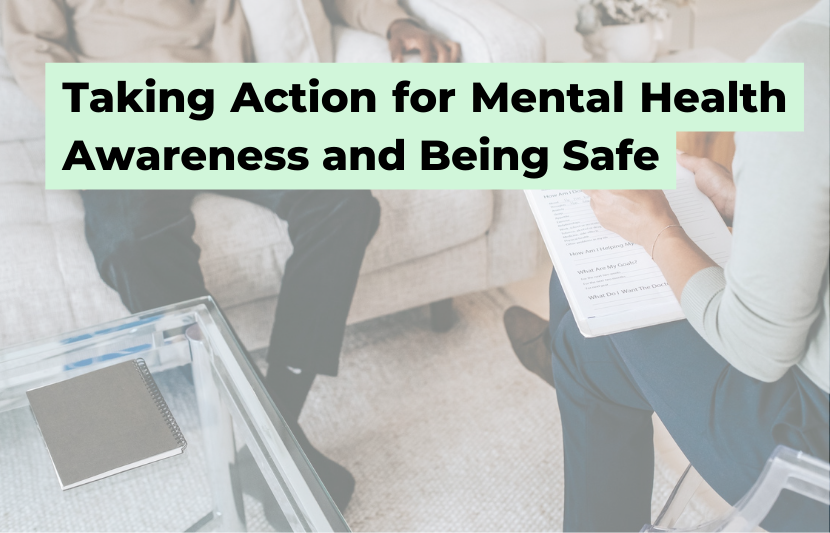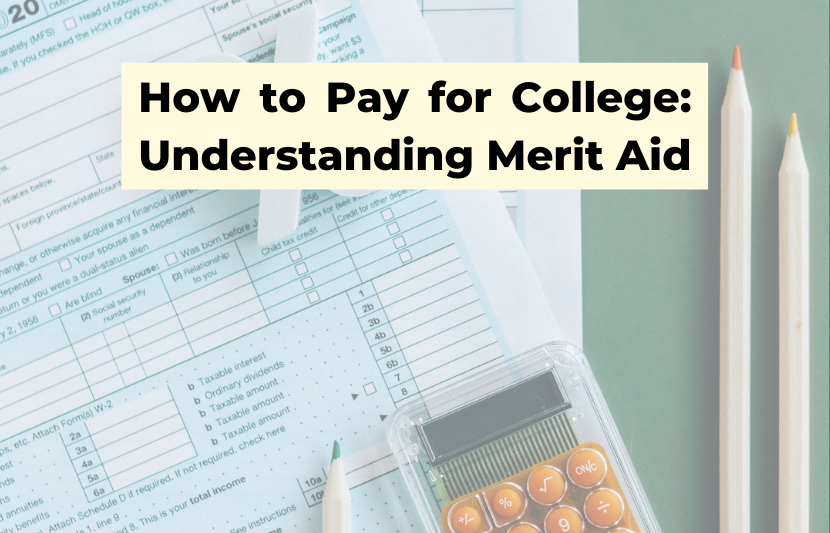In this episode of TUN TV, Dr. Crystal Rose interviews April Paris-Joseph, founder of Paris Educational Solutions, about the top 10 transition points from high school to college.
Dr. Rose: Welcome to The University Network TV where we scan the globe to give students, their families, and educators the very best tips for student success. I’m your host today, Dr. Crystal Rose. In this college admissions show, we’re exploring the Adulting Series entitled, “But My Mom Does That! The Top 10 Transition Points From High School to College, Part One.”
Students, there are things you’ll want to do on the other side of the college admissions process before going off to college in the fall. Parents, you’ll want to stick around as well. If you have students who will be attending college in the fall, you also want to check out our other episode where we feature the top five things for parents to do before their children leave for college.
For this series, we’ve invited a very special guest, April Paris-Joseph of Paris Educational Solutions.
Welcome, April.
Paris-Joseph: Hi. Thanks, Crystal, for having me.
Dr. Rose: Absolutely. You recently wrote an article about this adulting process.
Paris-Joseph: Yes, I did. One of the things I’ve learned over the years is that we spend all this focus on the kid’s academics, on where they’re going to go and we get them ready. And they leave. And then they call home, and they don’t know how to do things that they really need to be able to do for themselves when they’re not in the house anymore.
Dr. Rose: So, this is going to be a very useful, helpful list. And you can find a link to the article April wrote below. Again, thank you for joining us on this timely topic. Let’s start right away. First on the list I see is medical. What are all the ins and outs a student needs to know when considering adulting in this manner?
Paris-Joseph: It’s going to sound simple, but it really is just as much as: Can this kid call the doctor’s office, make an appointment, get it on a calendar, and be on time for this appointment? Do they know to carry their insurance card with them? Do they know how to handle it? Do they know how to do a pre-approval if they have to?
Dr. Rose: Definitely necessary things to know about. And you had mentioned before that your own son, who’s about to go up to college, also had a recent experience, if you care to share.
Paris-Joseph: No, I don’t mind at all. He left for a doctor’s appointment and I was here in my office, so not really out there, but I heard him leave and I heard him come back and then he was
getting ready to leave again. And I heard his sister say, “Where are you going?” “I’m going to the doctor.” “Didn’t you just go to the doctor?”, she said. And he said, “Yeah, that was the wrong time. I got my appointment wrong.” So, he had to leave again. And that worked out because he got the appointment wrong apparently, two hours early, but he had gotten it two hours late.
As we all know, you pay a fee for that and then you’ve got to remake the appointment and that’s really a problem. We all know life schedules are complicated. This chat was kind of funny.
Dr. Rose: Well, I think that’s a great example, because it’s a learning process and he’s learning. And so, parents, we have to be also understanding and give a little bit of grace. Second up I have, know your prescriptions. A little bit like the medical but obviously not as straightforward as it seems.
Paris-Joseph: A little bit like the medical but the question is, do they know what they’re taking? A lot of kids now, we’ve seen such a rise in mental health issues. Let’s say they have some sort of anxiety medicine. Do they know exactly what they’re taking, how much they’re taking and how often to take it? And can they self-manage this? If you have a diabetic, do they know their insulin schedule? Do they know all that? If you have an asthmatic, can they manage their preventative versus their abortive? All these different things.
And, again, do they know the name, the quantity, and how to get that prescription refilled in a timely fashion? Not right after they’ve taken the last dose, but calling the pharmacy or even making sure they have a refill available, as opposed to waiting for it to run out and then not having the refill. Are they organized with that, and will they have enough on campus with them until they get home?
Dr. Rose: Excellent recommendations. I’m even thinking that there might be situations where someone has to actually meet with a physician to make sure that they are the right dose. And so, they might have to find a new doctor when they are in their new college.
Paris-Joseph: Yeah. Making sure they do that before they go is actually a really big deal because you don’t want to have that emergent situation where a student needs to change something, and they don’t even know who to go to. And then, they can’t just reach out to their doctor at home because of the licensing or some other issue like that.
Dr. Rose: Great advice. Next on the list, third, and we’re getting closer to college with the school portal. What’s adulting about the school portal?
Paris-Joseph: This is the first time these students are going to manage their own class registration on their own – everything – and that’s all in the school portal. So, how do they get in here? How do they make sure that they have their housing done on time? Do they make sure that everything is lined up? And just managing that on their own, it’s a whole new thing.
Dr. Rose: That’s great. The fourth I see here is FERPA. And for those who don’t know what a FERPA is, can you please share with us why students might want to invite their parents?
Paris-Joseph: The bottom line is that you have a right to your own education information and it is private. So, in elementary, middle and high school, parents have access to everything. But now in college, as a legal adult, the student has to release access to the parents and this includes tuition bills and payments.
So, if the student doesn’t go in there and actively give the parents access to that, parents won’t get the bills. And so, then they will have to, I guess, figure out how to pay that themselves because I know if I’m not getting the bill for my student’s college, we say, “Oh, I guess you’re all grown up and you’re going to take care of it.” Students really do want to get this done. It’s a big one.
Dr. Rose: Okay. Fifth on the list, we have classes, as in registering for classes.
Paris-Joseph: Yeah. So, I always think about registering for classes in two parts. Students have to get registered for their fall classes, of course, but also think about that four-year plan. So, the easiest way to not graduate in four years is to not have a plan.
So, if you’re coming in and you know where you’re headed – say, you know you’re a CS major, then you know what classes you’ve got to take for the four years – that’s easy. Let’s say, you’re undecided. Well, I would really advise, even in that case, make a four-year plan that has you on track to graduate.
And how about spending that early time focusing on filling all those general education requirements or whatever other distributions may be at hand? So that when you do declare the major, you don’t find yourself as a senior English major taking a physics class, because you didn’t take care of that science requirement or vice versa.
Dr. Rose: Excellent advice. Thank you so much for sharing this first part of the two-part series on adulting, “But My Mom Does That.” Join us for Part Two of the series of the Top 10 Transition Points From High School to College. And you can find a link to April’s blog about that, as well.
Thank you so much, April for this excellent discussion.
Paris-Joseph: Thanks for having me.
Dr. Rose: Thank you for sharing this first part of the two-part series on adulting, “But My Mom Does That.” Join us for Part Two of the series on the Top 10 Transition Points From High School to College. You can find a link to April’s blog about this as well.
Thank you, April, for this excellent discussion. Can’t wait for Part Two. And thank you very much for joining us today on this episode of The University Network’s television show. I’m your host, Dr. Crystal Rose. Until next time on TUN TV.
This interview has been edited for clarity.
For more exclusive interviews with experts who share their insight to help students succeed, check TUN TV!
Related:












